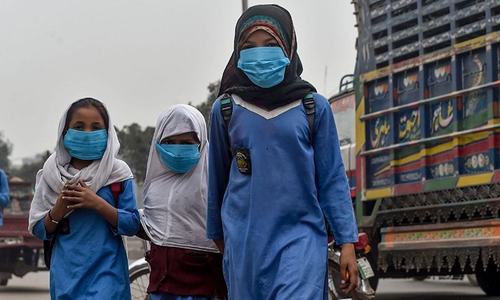Facebook Inc's WhatsApp tightened message forwarding limits on Tuesday, restricting users to sharing forwarded content one chat at a time after a jump in messages touting bogus medical advice since the start of the coronavirus crisis.
The pandemic, which has killed more than 70,000 people worldwide, has been accompanied by what the World Health Organisation (WHO) has called an “infodemic” of misinformation, prompting governments and other authorities to urge social media companies to do more to combat the problem.
WhatsApp, which has more than 2 billion users worldwide, said in a blog post it made the change after observing a “significant increase” in the number of forwards since the start of the coronavirus crisis.
“We believe it's important to slow the spread of these messages down to keep WhatsApp a place for personal conversation,” the statement said.
A WhatsApp spokesman said the new limit was in place indefinitely.
The service has been imposing gradual curbs on message forwarding since 2018, after viral rumours on its platform triggered a wave of mass beatings and deaths in India.
Since last year, users have been able to forward a message to only five individuals or groups at once, down from an earlier limit of 20. The app also labelled any messages that had been forwarded more than five times.
Facebook and Twitter have responded to the deluge of inaccurate medical information posted in recent months by barring users from posting misleading information about the coronavirus, including denials of expert guidance and encouragement of fake treatments.
But direct content moderation is not possible on WhatsApp, where chats are protected by end-to-end encryption blocking even the app itself from viewing content shared by users.
That allows groups of hundreds of people to exchange texts, photos and videos, with no way to monitor the messages' origin or full reach.
WhatsApp said in its blog post that the previous limits set on forwards led to a 25 per cent decrease in such messages.
The app also encourages people to flag suspicious content to fact checking organisations and has enabled the WHO and national health authorities to share reliable information about the new coronavirus on the service using automated accounts.
















































